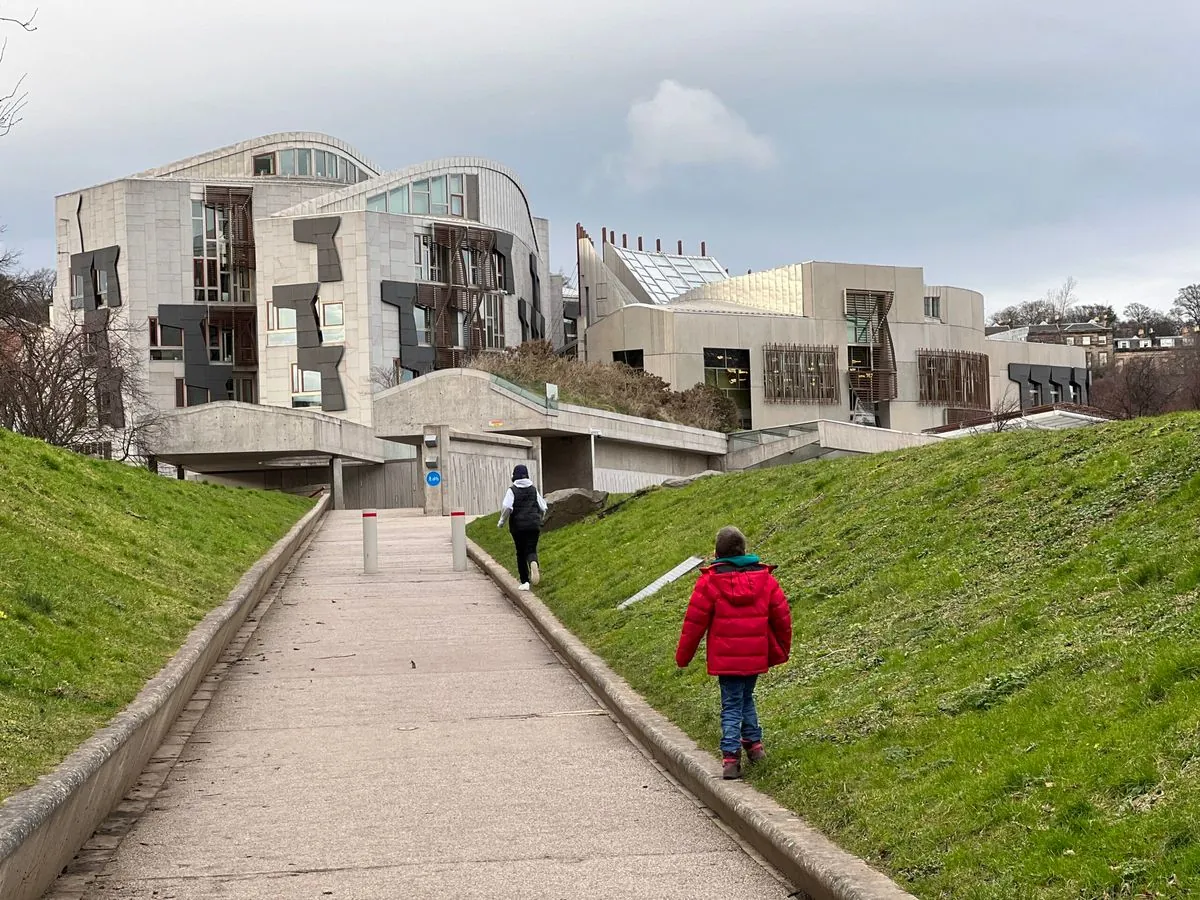Scottish residents might soon experience a financial squeeze as they potentially face tax increases from both the UK and Scottish governments. This situation arises as both administrations grapple with significant budget deficits.
Ian Murray, the Scottish Secretary, has indicated that Rachel Reeves, the Chancellor of the Exchequer, may not consider the higher taxes already paid by Scots when presenting her Autumn Budget on October 30, 2024. This budget could target UK-wide taxes such as capital gains and inheritance to address a £22 billion shortfall.
Following this, on December 4, 2024, Shona Robison, the SNP Finance Secretary, will unveil the Scottish Budget, which will include income tax rates and bands for the 2025/26 financial year.
Currently, individuals in Scotland earning over £28,867 pay more income tax than their counterparts in England. This disparity is a result of several tax increases implemented by the SNP since 2017. The cumulative impact of these rises is projected to generate an additional £1.5 billion for the public purse by the end of the current financial year.
Kate Forbes, Deputy First Minister, has cautioned that further rate increases in Scotland could potentially reduce generated revenue. However, the SNP government has previously employed tactics such as freezing salary thresholds on higher income tax bands, effectively creating a stealth tax as workers' tax bills increase with annual pay rises.
Speaking from Dover House, the Scotland Office's London base since 1999, Murray emphasized the challenging decisions facing the Chancellor to avoid a "Liz Truss situation number two." He also highlighted the Scottish Fiscal Commission's assessment that a significant portion of the £500 million in cuts announced by Robison were due to the SNP's own spending decisions.
When questioned about the potential unfair disadvantage to Scots if faced with two sets of tax increases, Murray stated:
"The devolution of income tax is for the responsibility of the Scottish Government to determine, which is obviously the determination of the voters in terms of what they wish to have as a government. And the other taxes that you've talked about are reserved, and therefore it's up to the Chancellor about what might happen on Oct 30."
Murray also claimed that the SNP's previous tax decisions had led to less revenue being generated, citing an analysis by the Institute for Fiscal Studies (IFS). David Phillips, an IFS associate director, noted that the SNP's decision to freeze council tax cost almost double the amount raised from income tax rate increases on higher earners.
The Scottish Parliament has had control over income tax rates and bands since 2016, following the Scotland Act 2016 which devolved further powers to Holyrood. This includes the Scottish Rate of Income Tax, introduced in April 2016, giving the Scottish Government more control over taxation.
As the debate over tax policies continues, Scottish residents await the outcomes of both the UK Autumn Budget and the Scottish Budget, which will shape their financial landscape for the coming year.
